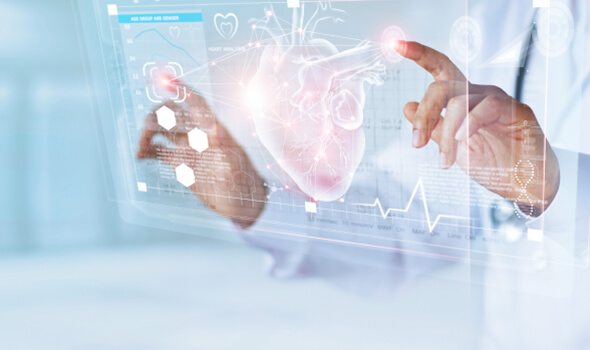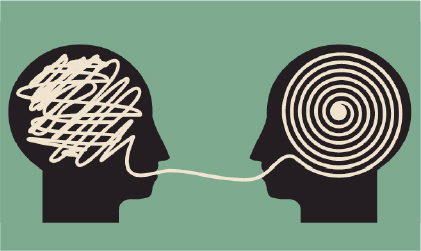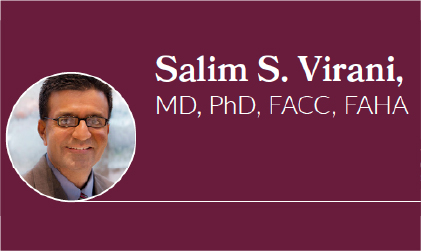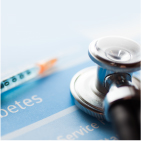Today an individual can self-monitor their health by using smartphone-enabled fitness apps, as well as wearable scanners to monitor their weight, sleep, blood glucose levels, electrocardiographic activity, blood pressure, body temperature, heart rate, and more. Latest statistics indicate that there are more than 97,000 health and fitness apps available in the marketplace in 2019. The cardiometabolic health space is increasingly being influenced by this tech-realm, and according to Mr. Wayte “one of the extraordinary opportunities with technology is the combination of high fidelity and high volume data coming through the body sensing devices tied to ultimately nudging systems analytics and AI systems that allow the individual to make much better decisions about their health”. “If this approach is further linked with pharmacotherapy, genetic sequencing, and what physicians know about treating disease, we have a great opportunity to have a deep understanding of the individual patient, how they process medication, perhaps even what are the precursors to disease, allowing for rapid interpretation of increasingly sophisticated amounts of data”, he mentioned.
The use of technology is very powerful and confers numerous advantages to both the patients as well as providers, including massive amounts of data, which can also bring additional challenges. Hence, it becomes very pertinent to know the answers of many important questions, including how to streamline and filter through this information and leverage it for the benefit of patients. Mr. Wayte told us that the American Heart Association has been working very diligently to answer these questions. “We are always talking with healthcare providers on how to best use the data, and it is a very difficult endeavor. The Association recently worked alongside the American Medical Association (AMA), Health Information Management Systems Society (HIMSS), and the DHX group to lauch Xcertia, a non-profit dedicated to promoting best practices in the development and use of healthcare mobile applications. Another step on which the American Heart Association is actively working with different stakeholders to create a sort of “healthcare outcomes clearinghouse,” something that works throughout the body of evidence and consolidates the outcomes data with technology which will help to filter and standardize the data beneficial for patient care.


















